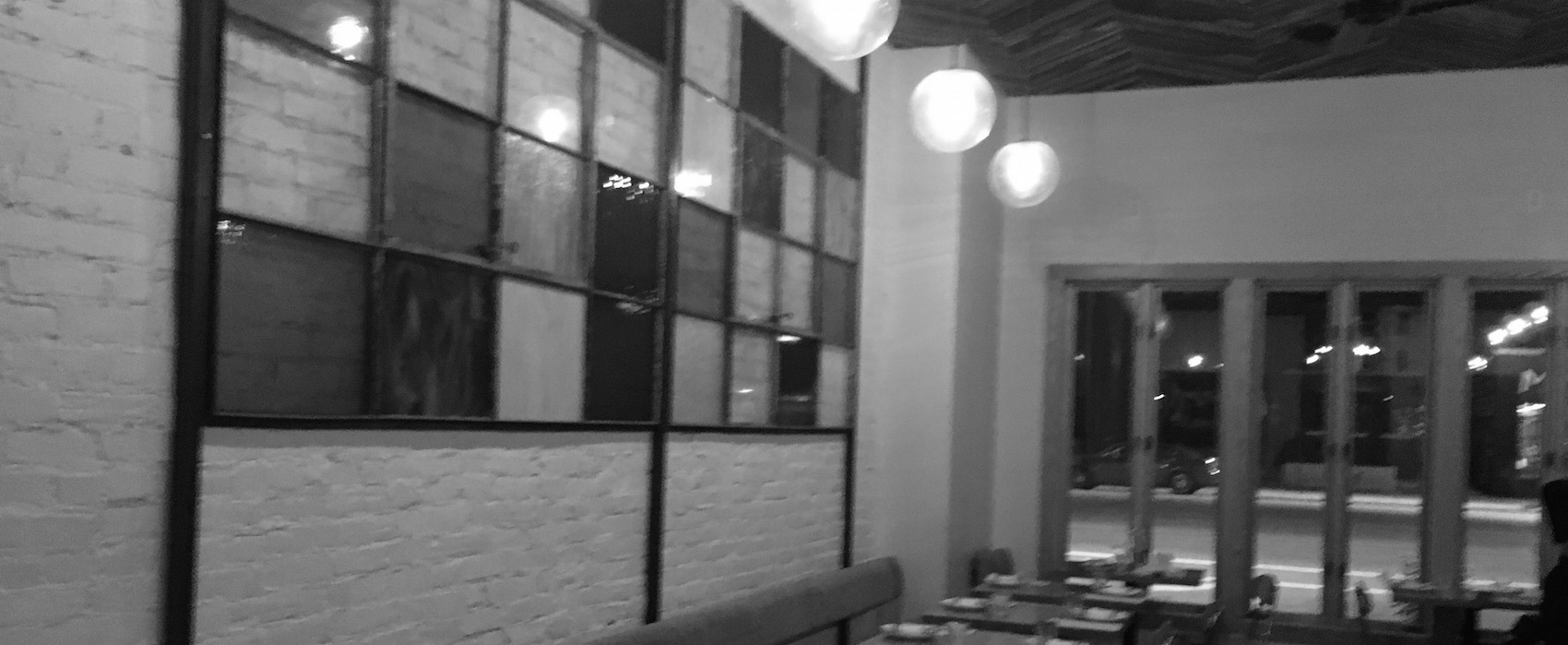A question that has been on my mind since I visited Detroit is ‘Can a city deliver social justice?’ This question I think underlies my agitation about the nature of recovery – is the aim just a question of rebooting capitalism, finding new ways of living the American dream? Or are people working on the assumption that the city is truly ‘post’ in terms of capitalism and consumerism? To what extent is there a commitment to ensuring that what emerges from the rubble addresses underlying issues and benefits all, not just a narrow white elite?
The issue of what kind of future people are building towards is relevant in relation to whether it’s the ‘good news’ story of Detroit or the narrative of destruction that gets to dominate. It seems all the more important that there is dialogue between the two if the city is to avoid either being caught in cycles of despair or having a positive image of Gentrification falsely imposed on those who are suffering.
Back in London I was talking to Lerryn who runs a cafe in Peckham about what I had seen in Detroit and we were talking about the potential of small businesses to drive change. She said that since she has started her business a number of people have come to her asking her for advice and the ideas she thinks carry most weight are those who have a a definite, strong answer about meeting a particular need or tackling an injustice when she asks them their reason for wanting to do it.
In Detroit I discovered a number of excellent coffee shops and excellent restaurants, but although it was great to happen upon them and enjoy their vibrancy, it seems pretty clear that it’s not enough. That’s not to detract from them, or from the projects I visited or heard of, including a coat making business for the homeless that employed homeless single parents and urban farms, as well as the art projects and innovative design companies that are thriving. Many offered work, business start up funds or even food to the most needy. I don’t want to detract from these small shoots that have sprung up, but there’s so much more I need to understand about what’s going on in Detroit.
What I’m not clear about is the extent to which it is plotting a path out of capitalism, intent on building a more socially just city. AJ O’Neil of Detroit Bold told me it was important that no one was left behind, referring particularly to the city’s 84 per cent black population. What needs to be done to ensure that it’s not only the white middle class who enjoy the renaissance of Detroit and are people committed to that?

Leave a Reply
You must be logged in to post a comment.